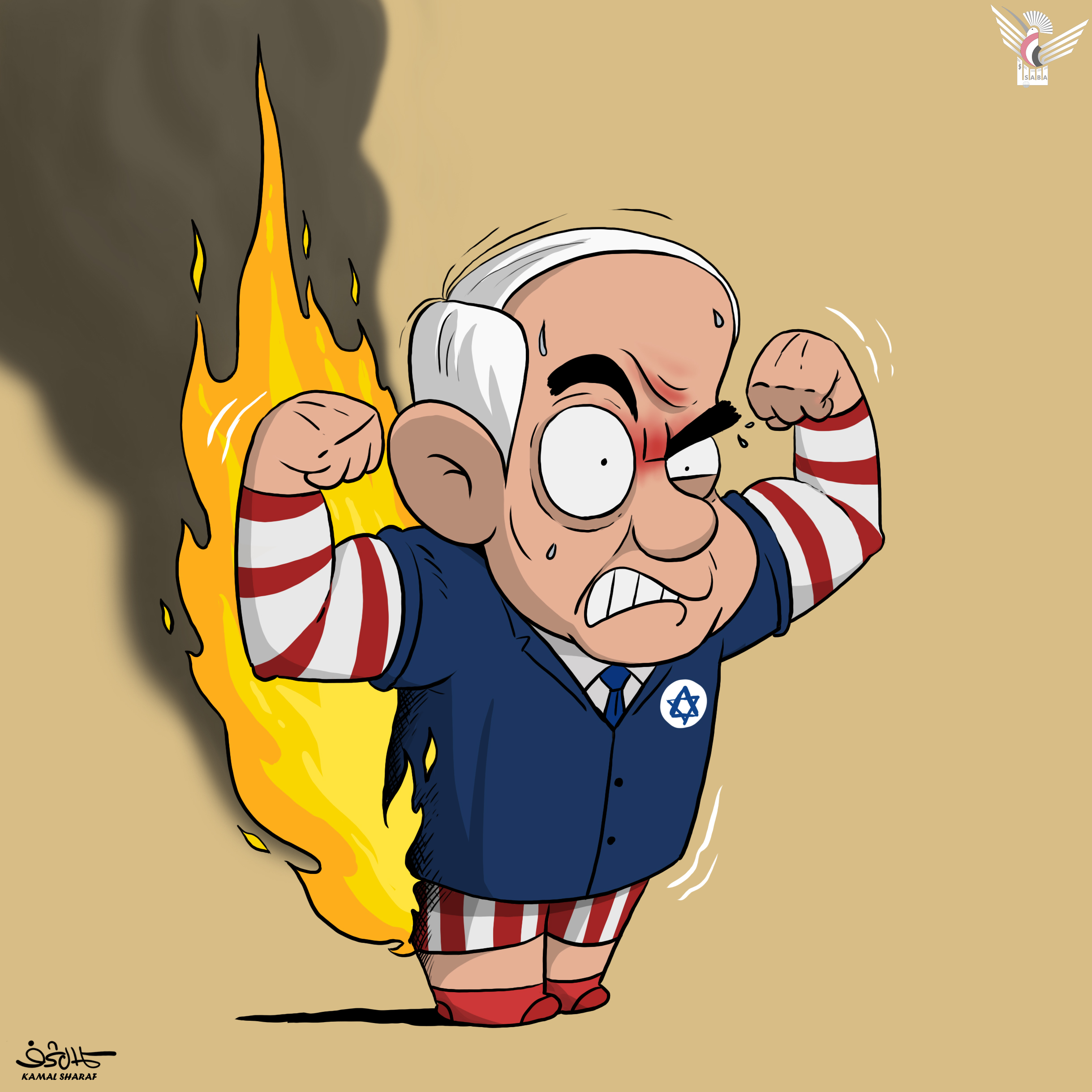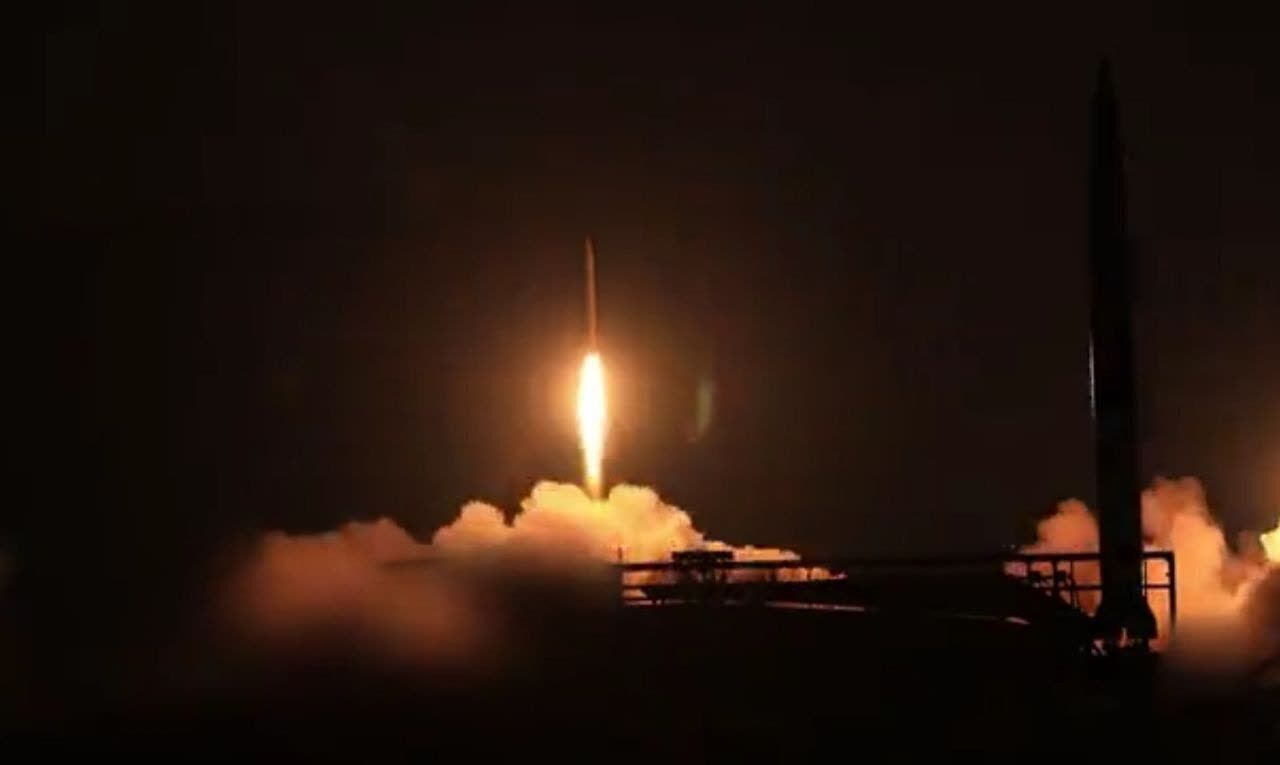By: Abdulaziz Al-Huzzi – Saba News Agency, Sana’a
The administration of U.S. President Donald Trump deliberately approached global relations with disdain and arrogance—sometimes issuing military threats, at other times imposing sanctions, tariffs, or engaging in blackmail, weapon sales, or forced trade deals. However, this tired American policy failed in its latest confrontation with Iran.
Whenever the Trump administration failed to secure gains through diplomacy or enticements, it would revert to threats and punitive measures or outright military action. It often sought to coerce the other party—whether a state, entity, or organization—into alignment with U.S. hegemonic interests by offering economic or diplomatic incentives to soften their position.
Every political negotiation with another party was accompanied by unrealistic, even humiliating demands—akin to surrender terms. If diplomacy didn’t work, the U.S. would impose economic sanctions and threaten military action, as seen in its approach to Iran, a strong and defiant power in the region.
If all else failed militarily, Washington would return to the table begging for negotiations—just as it is now doing with Iran. Meanwhile, it continues to provide unwavering support to Israel against Palestinian resistance, proposing conditions that are unacceptable to the resistance factions.
This carrot-and-stick approach—mixing intimidation with enticement—has long been a staple of U.S. foreign policy. Yet, it ran up against the unwavering stance of the Islamic Republic of Iran, which firmly upholds the principles of its revolution, prioritizes national security, and confronts Western powers, especially the U.S. and Israel.
Iran’s resolute policies reflect its determination to preserve independence and sovereignty, assert itself as a regional power, and resist perceived external and internal threats.
This stance is evident in several key areas:
- Commitment to Revolutionary Principles: Iran sees these as the foundation of its statehood, applying them in all political, economic, and social spheres, while rejecting foreign domination.
- Strengthening Defense Capabilities: Iran emphasizes the need to bolster its military and defense capacities to safeguard sovereignty, including a proactive deterrence strategy and defense of its nuclear program, considered part of its national security despite international controversy.
- Strategic Alliances: Iran seeks stronger ties with Russia and China to counterbalance Western influence and circumvent sanctions. It has joined the Shanghai Cooperation Organization and aspires to join BRICS to cement its role in the evolving global order.
Before the U.S. encouraged Israel to attack Iran recently, Tehran and Washington were at the negotiating table discussing the nuclear file. Yet behind the scenes, the U.S. and Israel were plotting a blatant attack launched on June 13, targeting Iran’s peaceful nuclear facilities, military commanders, top nuclear physicists, and air bases.
Iran, in defending itself, thwarted the U.S.-Israeli aggression after 12 days of intense conflict, emerging stronger and more empowered.
Today, after this blatant aggression on its nuclear infrastructure, the Trump administration is desperately seeking to bring Iran back to negotiations.
Meanwhile, IAEA Director General Rafael Grossi—accused by Tehran of sharing nuclear facility information with Israel—is fueling tensions by suggesting Iran may have moved part of its enriched uranium stockpile prior to the U.S. airstrikes, contradicting Trump’s earlier claims that Iran’s nuclear program had been “completely destroyed.”
Grossi told American media that while some uranium might have been destroyed, “it’s possible another portion was relocated,” noting that Iran’s nuclear program remains “broad and ambitious” and parts of it may still be operational.
Earlier, Iranian Parliament Speaker Mohammad Baqer Qalibaf accused the IAEA of collaborating with Israel in targeting Iranian nuclear sites. He posted on X (formerly Twitter):
“The IAEA gambled its already fragile credibility by sharing our nuclear site info with the criminal Israeli regime, paving the way for aggression, without even publicly condemning the attacks.”
Last Wednesday, Iran’s parliament passed a bill to suspend cooperation with the IAEA until Iran’s nuclear facilities are guaranteed protection.
Ali Reza Salimi, a member of the parliamentary committee, confirmed that the decision to cut ties with the IAEA will be sent to Iran’s Supreme National Security Council for ratification. The law also imposes penalties on anyone who allows IAEA personnel access to Iran.
In this context, retired Turkish Air Force colonel and political analyst Ihsan Sefa, a member of the central committee of Turkey’s Vatan Party, stated in an interview with Russia’s Novosti Agency that Israel failed to achieve its goals in the recent confrontation with Iran and suffered unexpected human and material losses.
Sefa emphasized that Tehran emerged stronger and more respected in the region, shifting the balance of deterrence in its favor. He explained:
“Tel Aviv sought to destroy Iran’s nuclear capabilities, demoralize its people, and trigger regime change. None of that happened—instead, Iran’s regional standing grew.”
He added:
“Iran stands today as it did before the 12-day conflict, but with greater regional respect. So who is the real victor?”
Iran’s Supreme Leader Ayatollah Ali Khamenei declared his country’s victory over Israel following the 12-day conflict, congratulating the Iranian people on their triumph.

| more of (Reports) |




